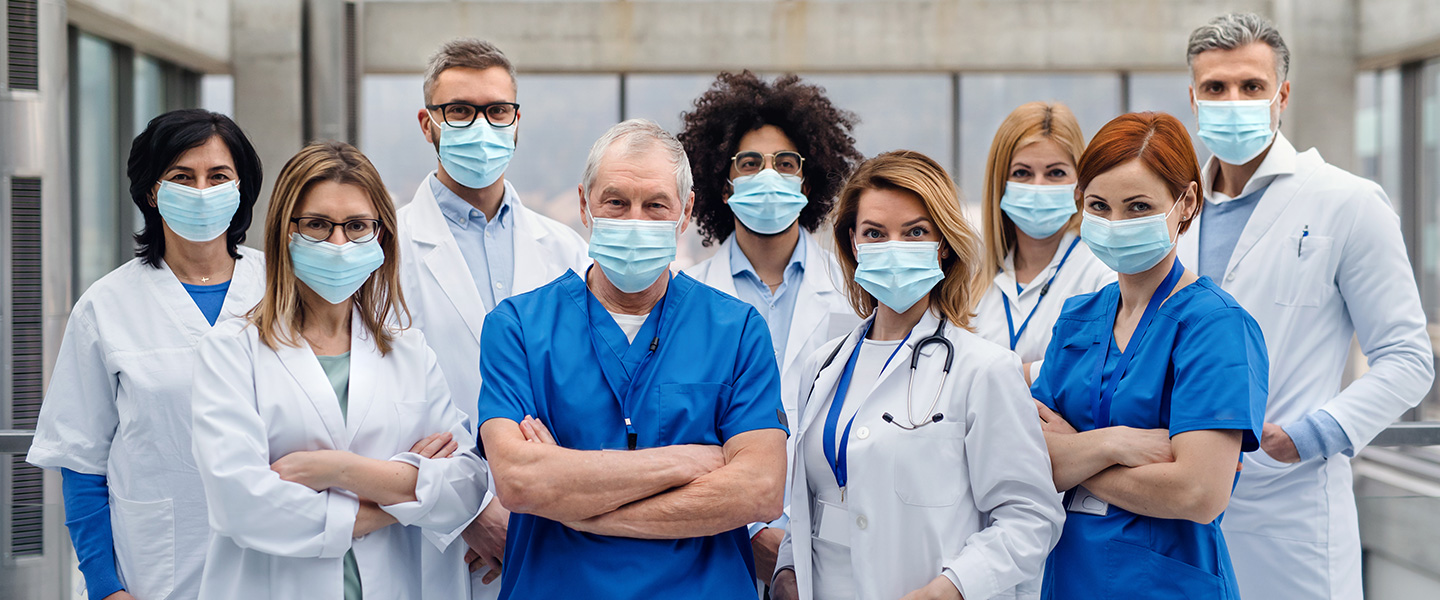
Disposable surgical masks for preventing surgical
Surgical face masks were originally developed to contain and filter droplets containing microorganisms expelled from the mouth and pharynx of healthcare workers during surgery, thereby providing protection for the patient. However, there are several ways in which surgical face masks could potentially contribute to contamination of the surgical wound.
Surgeons and nurses performing clean surgery wear disposable face masks to prevent their breathing germs into the patients' wound. Medizer is a Disposable Mask Manufacturer with excellent quality .
Face masks are thought to reduce the number of post-operative wound infections. Incorrectly worn masks may increase the contamination of the wound. The review of trials found no clear evidence that wearing face masks increases or reduces the number of surgical wound infections. More research is needed.
The surgical face mask is disposable and generally made up of three or four layers. It is normally designed with two filters that act as a barrier down to 1 micron therefore trapping bacteria of that size or larger. The protection afforded by this type of mask is claimed to be a minimum of four hours Worn correctly the mask should cover the nose with the metal band contouring the bridge of the nose. The mask should be drawn underneath the mouth and secured by tying the tapes firmly around the back of the head.

How to Properly Put on and Take off a Disposable Respirator
WASH YOUR HANDS THOROUGHLY BEFORE PUTTING ON AND TAKING OFF THE RESPIRATOR.
If you have used a respirator before that fit you, use the same make, model and size.
Inspect the respirator for damage. If your respirator appears damaged, DO NOT USE IT. Replace it with a new one.
Do not allow facial hair, hair, jeweler, glasses, clothing, or anything else to prevent proper placement or come between your face and the respirator.
When should it be used?
- Recommended when it is not feasible to maintain physical distancing (at least 2 metres of separation) between co-workers, customers and the public where no COVID-19 symptoms are present.
- Employers may have a policy that requires workers or customers to use non-medical face masks.
The potential harms and risks of mask and respirator use in the health facility setting include:
- contamination of the mask due to its manipulation by contaminated hands
- potential self-contamination that can occur if medical masks are not changed when wet, soiled or damaged; or by frequent touching/adjusting when worn for prolonged periods
- possible development of facial skin lesions, irritant dermatitis or worsening acne, when used frequently for long hours
- discomfort, facial temperature changes and headaches from mask wearing
- false sense of security leading potentially to reduced adherence to well recognized preventive measures such as physical distancing and hand hygiene; and risk-taking behaviors
- difficulty wearing a mask in hot and humid environments
- possible risk of stock depletion due to widespread use in the context of universal masking and targeted continuous mask use and consequent scarcity or unavailability for health workers caring for COVID 19 patients and during health care interactions with non-COVID-19 patients where medical masks or respirators might be required.
Medical masks for the care of COVID-19 patients at home WHO provides guidance on how to care for patients with confirmed and suspected COVID-19 at home when care in a health facility or other residential setting is not possible .
Persons with suspected COVID-19 or mild COVID-19 symptoms should wear a medical mask as much as possible, especially when there is no alternative to being in the same room with other people. The mask should be changed at least once daily.
Persons who cannot tolerate a medical mask should rigorously apply respiratory hygiene (i.e., cover mouth and nose with a disposable paper tissue when coughing or sneezing and dispose of it immediately after use or use a bent elbow procedure and then perform hand hygiene). Caregivers of or those sharing living space with people with suspected COVID-19 or with mild COVID-19 symptoms should wear a medic

Leave a Comment